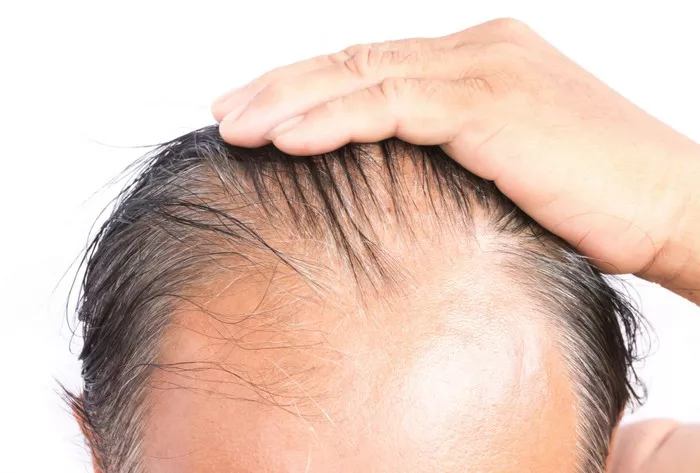Belinda Robinson, 53, has always embraced her thick natural hair, caring for it without harsh chemicals. However, approximately 17 years ago, she noticed a smooth spot developing on the back of her head. After years of gradual thinning, she was diagnosed with central centrifugal cicatricial alopecia, a permanent type of hair loss primarily affecting Black women.
“When I was first diagnosed, I cried—it was hard to accept,” said Robinson, an adjunct professor and federal employee living in Northern Virginia. “Now that I’m more educated about my condition, I realize many others are facing the same challenges.”
Alopecia impacts millions of Americans, with some experiencing spontaneous regrowth while others, like Robinson, face permanent hair loss due to follicle damage. After consulting several dermatologists without success, Robinson was referred in 2022 to Dr. Crystal Aguh, a dermatologist at Johns Hopkins Medicine, who was exploring the potential of metformin, a diabetes medication, as a treatment for hair loss.
Dr. Aguh, who directs the ethnic skin program at Johns Hopkins, enlisted Robinson and a small group of Black women to participate in a study using metformin. She theorized that addressing the scarring associated with Robinson’s type of alopecia could promote hair regrowth. “Has anyone tried to attack the scar tissue in the scalp?” Aguh questioned. “We needed to give these women a better chance at regrowth.”
Aguh emphasized the profound impact hair loss can have on quality of life. Research indicates that nearly 10% of women facing chemotherapy decline treatment due to the fear of alopecia. “Devastating is an understatement,” she remarked.
Alopecia is categorized into two types: non-scarring forms, which can be reversible, and scarring types like Robinson’s, which are often permanent. The most common non-scarring type, alopecia areata, affects around 7 million Americans, including actress Jada Pinkett Smith. Central centrifugal cicatricial alopecia is the most prevalent scarring type, with studies suggesting that up to 15% of African American women may be affected.
In her study, Aguh employed an off-label use of metformin, which is typically prescribed for insulin regulation in diabetic patients. Previous research indicated that insulin resistance might also contribute to scalp scarring. The low-dose metformin was applied as a cream directly to the patients’ scalps.
Within six to eight weeks, Aguh observed changes in scalp samples under a microscope. By the six-month mark, nine participants showed improvements, and six experienced hair regrowth. The findings were published in the Sept. 4 issue of JAMA Dermatology. Robinson noted a halt in her hair loss and the appearance of “peach fuzz” on previously bald spots.
Aguh advocates for formal clinical trials to further investigate metformin’s efficacy and safety, including dosage and treatment duration. However, given the drug’s long history of safe use, it can be prescribed now following blood work to rule out contraindications like kidney disease.
“I’m a scientist but a person first,” Aguh stated. “I want to help people. If I retire from the hair clinic because no one has hair loss, that would be fantastic.”
For Robinson, participating in the metformin study has reignited her hope. She intends to continue treatment, preferring not to rely on wigs or weaves that she feels do not represent her true self. Currently, she styles her hair in a bun while working.
“I’m proud to be part of this initial study and hope it leads to a cure,” Robinson said. She encourages others suffering from alopecia to know they are not alone. “This can affect people of all ages and backgrounds. There is help available. My advice is to find creative ways to style your hair and consider accessories like wigs, hats, and scarves.”


